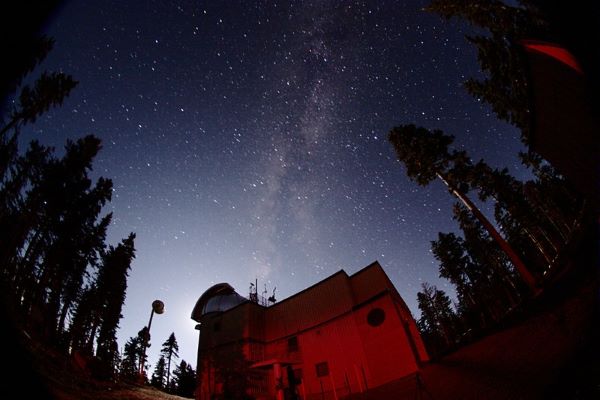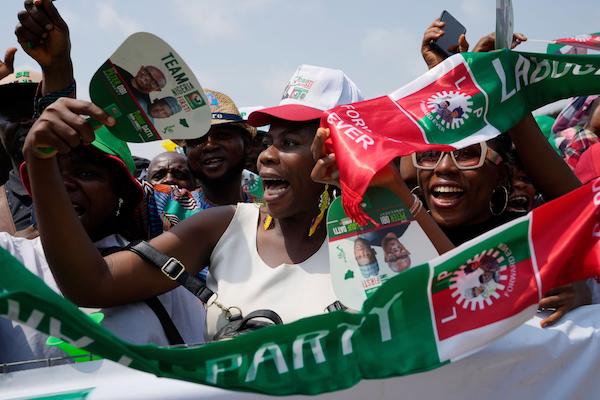Nigeria’s tense presidential election last Saturday saw at least 135 critical incidents, including eight reports of ballot-snatching and violence at polling stations in some southern states.
On Sunday, in Enugu state, the Catholic Bishop of Nsukka, Igwebuike Onah, urged a credible process.
“We beg especially the independent national electoral commission to be careful, judicious and transparent in handling the votes of the people," he said.
Of Nigeria’s three leading presidential candidates, one, Peter Obi, representing the Labour Party, is a Christian, while the other two, Atiku Abubakar and Bola Tinubu, are Muslims.
Obi, a Catholic candidate running on a reform agenda for the newly-created Labour Party, urged voters not to vote along ethnic or religious lines. At the time of writing, with most states still to declare results, Obi caused a major upset by winning in its Nigeria's biggest city, Lagos.
This year’s elections are considered a turning point in the country’s democratic history, because in addition to the presidential elections on 25 February, votes also included the 469 seats in the National Assembly.
Also, on 11 March, 28 out of 36 states will elect a new governor. There are high hopes for a renewal of political leadership at local and federal level.
The elections are set against the sharp escalation of violence, as well as rising poverty and unemployment.
More than a third of Nigerians are out of work. In a country of more than 213 million people, four in ten of whom live below the poverty line, without electricity, drinking water or sanitation.
Cardinal Peter Ebere Okpaleke, bishop of the southern diocese of Ekwulobia, said last week that the next president of Nigeria will be faced with the “hydra-headed” challenge of insecurity and violence.
An Islamist insurgency in the north-east and ongoing conflict between Fulani herdsmen and farmers all reflect “the progressive failure of the state to secure the life and property of her citizens”.
He added: “Nigeria seems to be at the brink…things have fallen apart at the social, cultural, and political levels.” At least 10,000 Nigerians were killed in armed conflict last year and thousands kidnapped.
“Purposeful leadership is needed to restore trust and confidence in the Nigerian state,” the cardinal said.
Ahead of the elections, Catholic bishops called on their next national leaders to address the difficult political and socio-economic issues facing the country.
“The practice of politics in Nigeria and its failures are hurting many lives,” they said.
The Anglican Archbishop of Jos, Benjamin Kwashi, reflected last week that “the first and foremost priority, before God and humanity, is to try and secure the lives of poor people being killed by terrorists”.
He warned that if this does not happen, “Christians are going to leave this country in droves” and “they will not wait for the persecution that will happen”.



 Loading ...
Loading ...